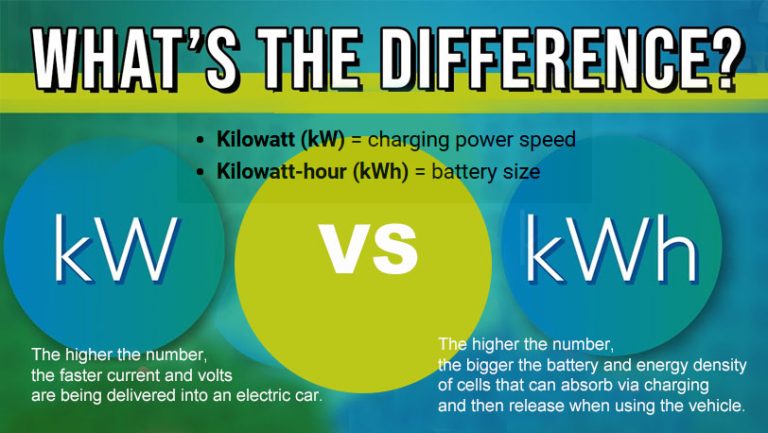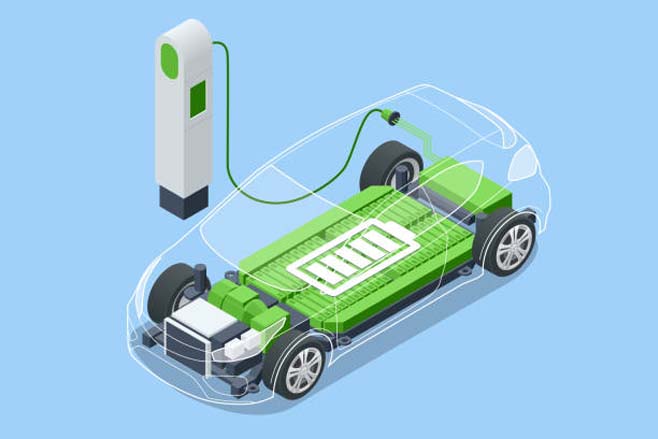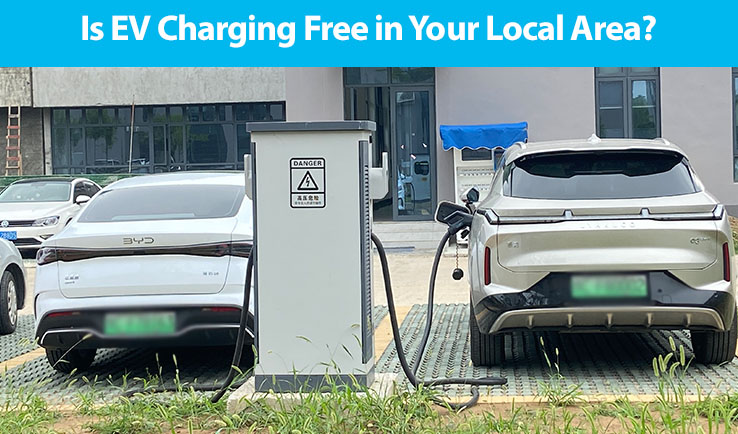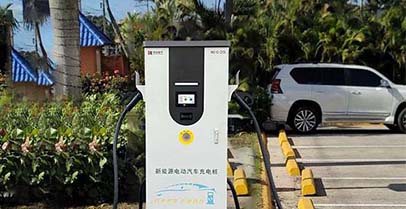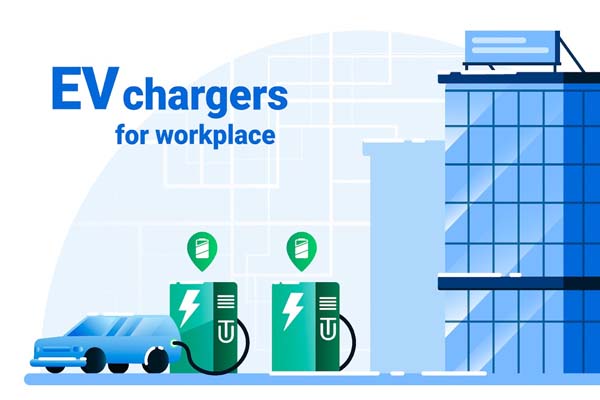In recent years, the global electric vehicle charging station market has been evolving rapidly, and the trends for 2024 - 2025 are becoming increasingly clear.
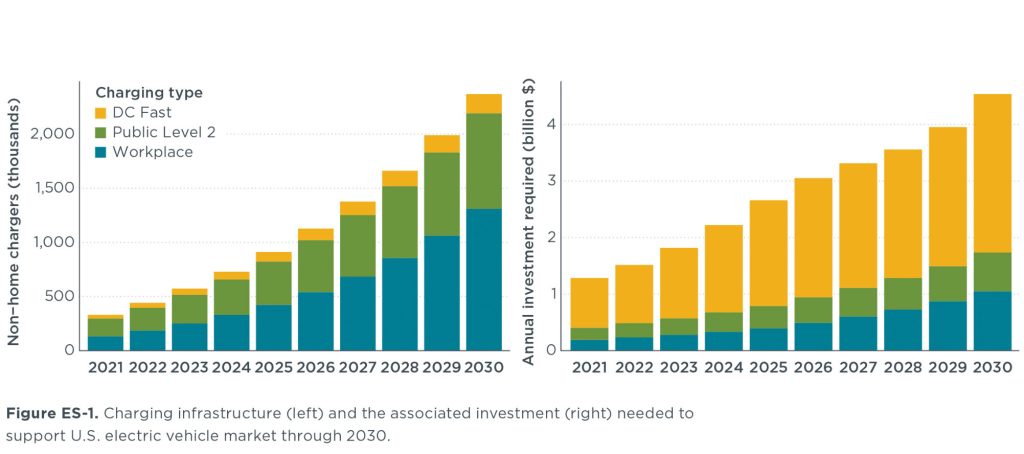
Rapid Expansion of Charging Infrastructure
- Increased Investments: Governments and private investors around the world are ramping up their investments in charging infrastructure. As the number of electric vehicles continues to grow, the need for a more extensive and denser charging network is becoming more urgent. For example, in Europe, where the electric vehicle market is relatively mature, countries are constantly increasing their efforts to build public charging stations to meet the needs of consumers.
- Deployment in Urban Areas: Urban areas are seeing a growing deployment of fast and ultra-fast charging stations. This is to meet the demand of urban consumers who have higher requirements for charging speed and convenience. Cities like Shenzhen, Guangzhou, and other major cities in China are actively promoting the construction of supercharging facilities, and similar trends can also be seen in major cities in other countries.
- Coverage in Remote Areas: Along with the development of urban charging infrastructure, the focus is also gradually expanding to remote areas and highways. To solve the problem of "range anxiety" for long-distance travel by electric vehicle owners, the construction of charging stations along highways and in remote areas is being accelerated, improving the overall coverage of the charging network.
Technological Advancements
- Fast Charging Technology: The development of fast charging technology is one of the key trends. With the continuous improvement of battery technology and charging infrastructure, the charging time of electric vehicles is constantly shortening. Ultra-fast charging piles can now provide a large amount of electricity to vehicles in a short time, greatly improving the convenience and usability of electric vehicles.
- Wireless Charging: Wireless charging technology is gradually maturing and is expected to see wider application in the near future. Without the need for physical connections, wireless charging provides a more convenient and user-friendly charging experience, making it more suitable for scenarios such as public parking lots and private garages.
- Smart Charging: The application of smart grids and the Internet of Things (IoT) technologies enables smart charging solutions. Smart charging piles can communicate with electric vehicles and the power grid, realizing functions such as dynamic power allocation, remote monitoring, and fault diagnosis. This not only improves the charging efficiency but also enhances the safety and reliability of the charging process.
Policy Support and Standardization
- Policy Incentives: Governments around the world are continuing to introduce policies to support the development of the electric vehicle charging pile industry, such as providing subsidies for the construction of charging stations, offering tax incentives for related enterprises, and formulating regulations and standards for charging infrastructure. These policies not only encourage the consumption of electric vehicles but also promote the healthy development of the charging pile market.
- Standardization: The standardization of charging interfaces, communication protocols, and safety standards is being continuously promoted. Standardization can ensure the interoperability of charging piles from different manufacturers, improve the compatibility of electric vehicles and charging infrastructure, and reduce the cost of market development.
In conclusion, the global electric vehicle charging station market is showing a trend of rapid development in 2024 - 2025. With the continuous expansion of the market, technological innovation, and policy support, the charging infrastructure for electric vehicles will become more perfect, providing strong support for the popularization of electric vehicles.


